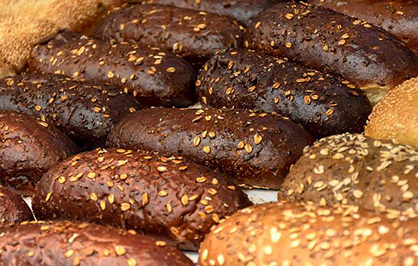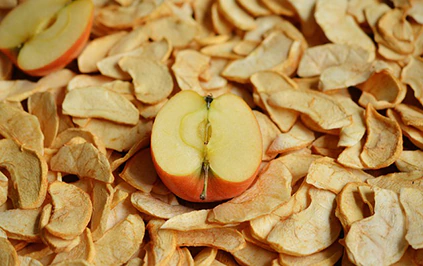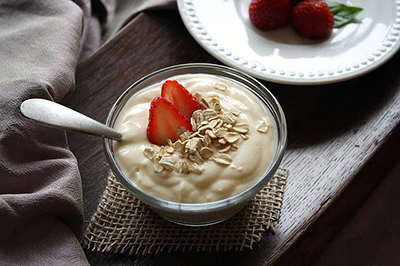| Essence |
Calcium Sorbate is a fine white crystalline powder that is commonly used as a preservative that is, to some extent, thermo-proof and offers anti-bacterial, anti-fungal, anti-mold, and anti-microbial properties. |
| Names |
Sorbic acid calcium salt, Calcium dihexa-2,4-dienoate, 2-propenylacrylic acid calcium salt, t-2, CAS 7492-55-9, 4-hexadienoic acid calcium salt, E203, Calcium Sorbate, and others. |
| Sourcing |
Commercially, it is made synthetically. |
| Manufacturing |
Producing, in essence, is very simple. It’s simply the notion of neutralizing Sorbic Acid with Calcium Carbonate. |
| Application |
Preservative (synthetic, slightly water-soluble). |
| Acceptable Daily Intake |
It’s allowed in the US but ideally, we shouldn’t consume it at all. In the EU, it has been banned due to a lack of safety data (it used to be 25 milligrams for every kilogram of body weight daily). |
| Side Effects |
It has been linked to allergic reactions and asthma. Other than that, it’s likely that it offers side effects similar to Potassium Sorbate (E202). |
| Benefits |
None. |
| Studies |
Less than 10 studies on Pubmed. No studies on safety. |
| Allergens |
None. |
| Diet Restrictions |
None. |
| Health Knight Assessment |
Likely Harmful. | Category 4 Additive. |
| Products |
The additive isn’t very common with supplements. It can be present in processed foods like rye bread, dessert sauces, fruit juices, cheese, fermented milk, fruit salads, margarine, fillings, toppings, spreads, dried fruits, ciders, pizzas, yogurts, soups, soft drinks dairy products, sweets, candy, candied peels, wines, ice creams, desserts, doughnuts, and others. |



